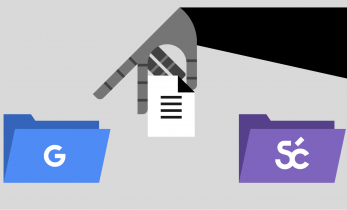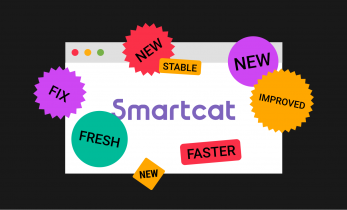Greater than 1 minutes
Translation Competition: Why it’s a Mistake to Trust AI Programs AI represents an opportunity rather than threat
A showdown
A battle was held this Tuesday between humans and machines.
At stake: the reputation of human translators.
The translation competition was organised by Sejong Cyber University and the Korean International Interpretation Translation Association to see whether artificial intelligence could outdo experienced professionals.
Random articles covering a number of topics had to be translated within a certain amount of time.
A panel of experts was then responsible for grading the English translations out of 30.
The results
According to Yonhap News Agency, the human participants scored an average of 25, while the machine translation (MT) program faltered under 15.
The quality of the AI texts was substantially below par and failed to meet satisfactory standards – in terms of both readability and accuracy.
[clickToTweet tweet=”#AI is an opportunity rather than threat. Translators gain new tool for their repertoire. #xl8″ quote=”#AI is an opportunity rather than threat. Translators gain new tool for their repertoire. #xl8″]
Takeaways
For all the progress in MT software over recent years, AI continues to lag far behind its human counterparts.
The translation competition only confirms this.
While different programs adopt various approaches – translating either word-by-word, phrase-by-phrase or even sentence-by-sentence, they all struggle especially with context, references, nuance and general accuracy.
Indeed, it seems there is no threat to the future profession of translation.
One of the main dangers of relying on MT is that it takes a translator to actually assess the correctness of its work.
Otherwise, major mistranslations will simply be overlooked. The consequences don’t bear thinking about – particularly in medicine and official documentation.
This means, even if AI were to advance leaps and bounds, MT users would still have to consult a translator.
Any new developments in automatic translation should generally serve as another tool in the translator’s repertoire – much like dictionaries, thesauruses and CAT tools.
Far from replacing me with a machine, technological advancements will allow me to further increase my efficiency – improving the competitiveness of those of us who get on board, as well as the service received by future clients.
With or without translators’ willingness to adopt this future technology, progress will come in AI.
It’s up to me and my profession to embrace it.





Hi Lewis, I completely agree on what you say and I also fear that it is up to us translators not only to embrace this “new” tool, but also to make clients understand that, especially in the most delicate sectors of law, science, medicine, etc., MT alone is not enough. I say “fear” because it is quite a difficult task 🙂
I absolutely agree with you, Lewis. AI will be just another tool we will use to help us. Even the heads of AI’s development already said that language is too complex for machines to learn and when machines get to a certain point, language is already changing again. Therefore, they will always need humans to work along with machines. Excellent read! 🙂